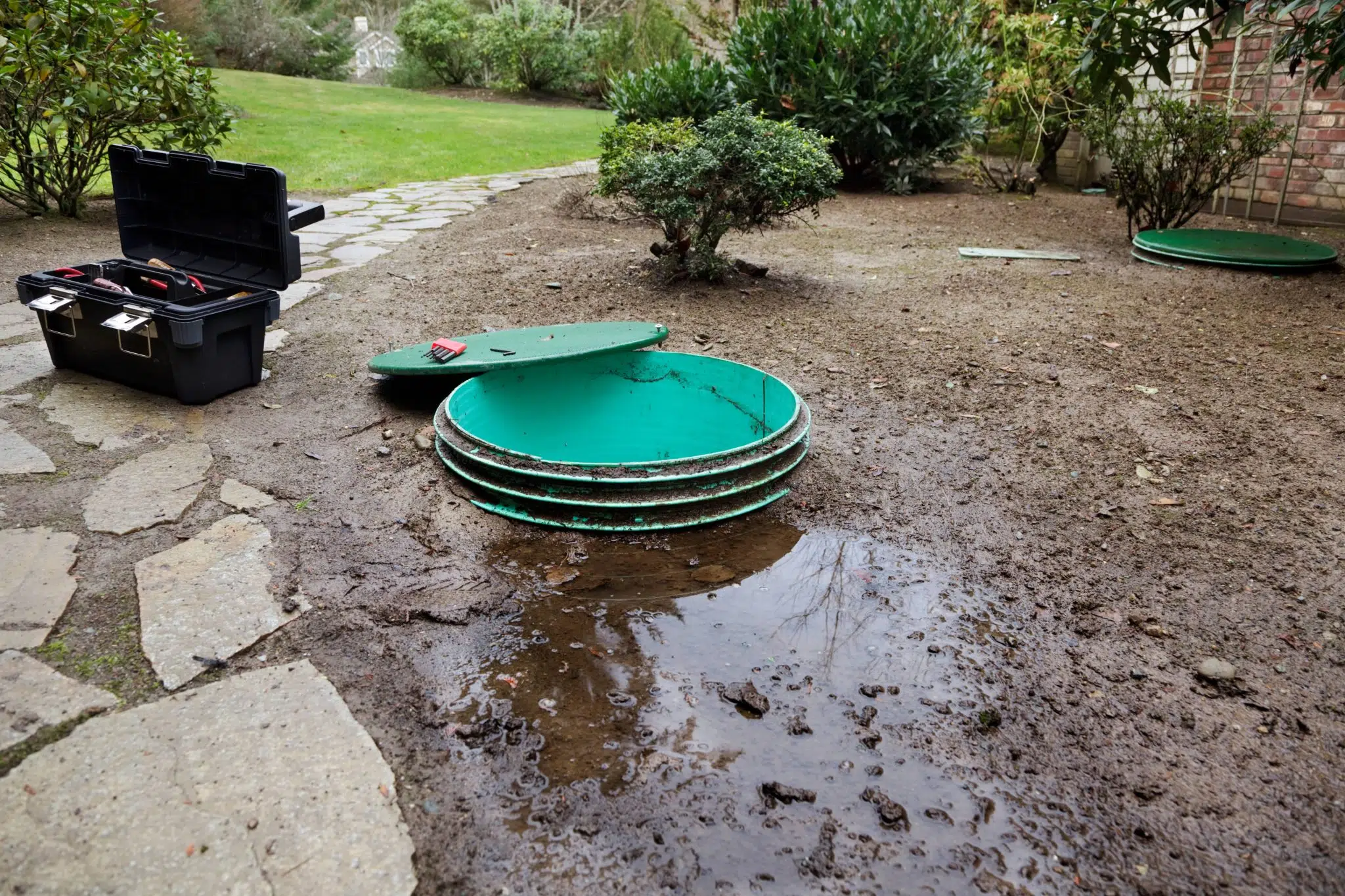In the case of septic tank maintenance, many homeowners overlook the significance of risers for septic tanks. These small, but crucial components let you easily access the septic tanks. This makes regular inspections as well as maintenance and pumping much more efficient. Installing risers onto your septic tank eliminates the need for excavating the ground each time a service needs to be performed. Not only will you save time, but your landscape is also less disturbed. The risers of the septic tank can also decrease the risk of injuries or accidents while maintaining, as they are an easy entry point to the tank.

The control of effluent is also a critical aspect of keeping the system healthy. Effluent refers to the fluid waste that is pumped out of the septic tank into the drain field to be treated. It is a mixture of water, bacteria, and organic matter. The solid particles could build up at the bottom of the drain and create sludge over time. If this sludge is not addressed promptly, it can accumulate, block your system and cause backups, unpleasant odors, and the possibility of damage to your drain field. Regularly pumping, as well as proper removal of effluents will make sure that your system for septic is running effectively. This can prevent obstructions and prolong its life.
Proper drainage is a crucial element in the operation of the septic system. The wastewater that leaves your home is then absorbed into the septic system and undergoes a separation process. Solid waste is deposited to the bottom, while oils and lighter substances rise to the top of the tank, creating some sort of”scum. The effluent (the liquid left in the tank) leaves and flows into the drain field for filtration and absorption by the soil. A properly designed drainage system will allow effluent to flow smoothly, preventing back-ups and flooding. It is essential to ensure that the drainage pipes are free from debris, roots, and other obstructions that could hinder the flow of effluent. Regularly scheduled inspections and regular maintenance of the drainage system help prevent costly repairs and avoid potential environmental contamination.
It is vital to make the right choice for your home’s septic tank. The choice you make can affect the efficiency of your home and its sanitation. There are a variety of options available that are available. It’s important to take into consideration several factors before you make your decision. Consider the size of your septic tank based on the average consumption of water for your household and the number of residents. If you have a large family or a home that is frequented by guests, a larger tank is required. In addition, you must consider the material of your tank. Concrete, fiberglass, and plastic are all popular choices. Each material has its unique advantages and disadvantages when it comes to durability, cost, and maintenance. Additionally, check the regulations and specifications set by your local authorities concerning the installation of septic tanks. It’s crucial to choose a tank that meets the requirements of the law and is compliant with any specific guidelines.
Finally, you should consult a qualified septic system installer who will assess your home’s needs and provide expert recommendations in light of the soil conditions and topography. You can choose the most suitable system to suit your needs by taking a careful look at all of these elements. It will provide an efficient, reliable, and efficient wastewater management system.
A healthy and reliable system depends on correct maintenance and operation of septic systems along with effective effluent management as well as riser installation and appropriate drainage. Septic tanks are the main treatment system for household waste, and the control of effluent ensures that treated liquid waste is properly disposed of. The septic tank can be accessed easily and without risk by using a septic tank riser. Furthermore, proper drainage allows for the discharge of effluent and prevents backups and system failures. By prioritizing these elements and observing regular maintenance procedures homeowners can ensure the durability, efficiency, and sustainableness of their septic systems. This will ensure a secure and healthy living environment for all.
